
An analysis from English and Scottish stroke centers provides physicians a new view of the trends and outcomes of patients with COVID-19 who experience stroke.

An analysis from English and Scottish stroke centers provides physicians a new view of the trends and outcomes of patients with COVID-19 who experience stroke.

The Cleveland Clinic researcher discussed the unknowns about Parkinson disease dementia and what has been previously observed in clinical studies.
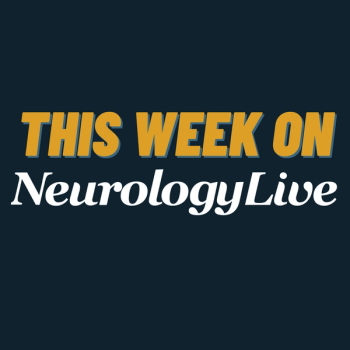
Here's what is coming soon to NeurologyLive.
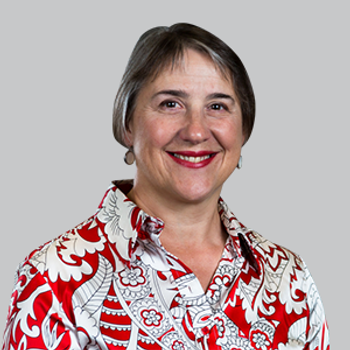
A tertiary analysis of the AVERT study reveals divergent findings suggesting that mortality increases with VEM compared to usual care after restricting follow-up to 14 days.
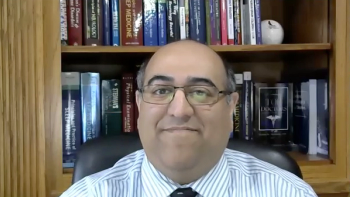
The associate professor of neurology at Washington University in St. Louis detailed a number of key presentations on advances and novel medications in the sleep space.
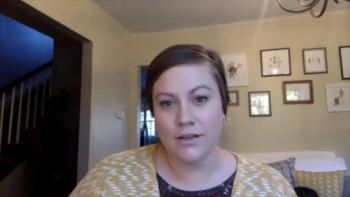
The research coordinator of the Dravet Foundation provided background on the new ICD-10 codes announced for Dravet syndrome and how they came about.

There is no evidence yet that SARS-CoV-2 can pass the blood-brain barrier, though its effects on the barrier may be intensified in those with dementia.
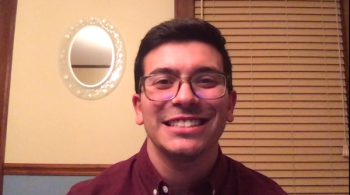
Neurology News Network for the week ending November 7, 2020.
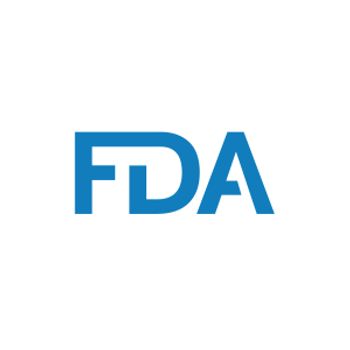
Biogen’s investigational Alzheimer disease treatment is currently under review with a Prescription Drug User Fee Act target action date of March 7, 2021, if not earlier.

Take 5 minutes to catch up on NeurologyLive's highlights from the week ending November 6, 2020.
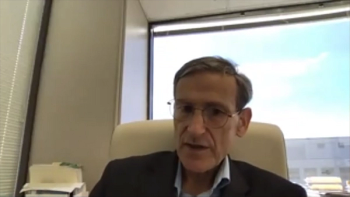
The director of the Mid-Atlantic Epilepsy and Sleep Center in Bethesda, Maryland, described the challenges he’s faced when having to discuss a change in treatment strategies with his patients.
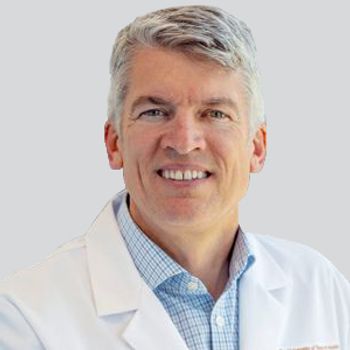
The decision was based on findings from the phase 3 THALES trial, which showed aspirin plus ticagrelor significantly reduced stroke and death compared with aspirin alone in patients with acute ischemic stroke or TIA.
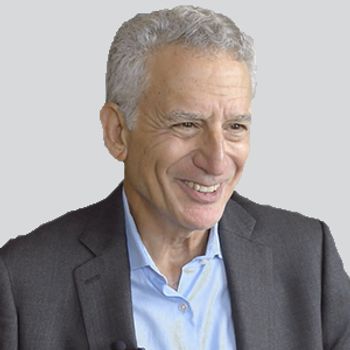
Based on data from a study of 686 patients with subjective cognitive impairment or dementia, the PrecivityAD blood test correctly identified brain amyloid plaque status in 86% of the patients.

"Mind Moments," a podcast from NeurologyLive, brings you an exclusive interview with Indu Subramanian, MD.
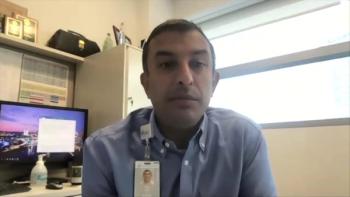
The section chief of pediatric neurology at Nationwide Children’s Hospital spoke about the effect telemedicine has had on patients with Lennox-Gastaut syndrome throughout the COVID-19 pandemic.
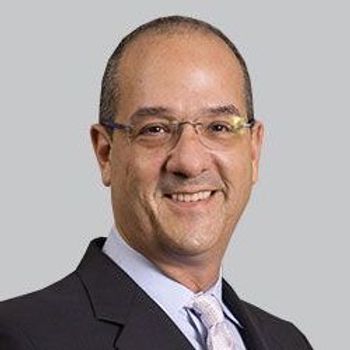
CND Life Science’s Syn-One test marks the next step in synucleinopathy detection by offering a quick and minimally invasive procedure.
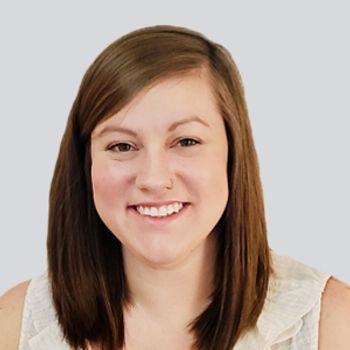
The new codes have broader implications in helping clinicians understand the morbidity and mortality related to the disorder.

The company’s implantable neurostimulation system uses its bioelectronic foil technology and aims to meet the needs of those with chronic migraine for whom therapy has failed.
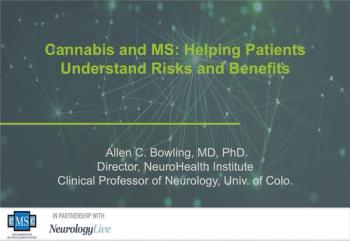
This three-part, educational webinar series provides evidence-based information about the effects of cannabis on MS symptoms, including pain and spasticity.
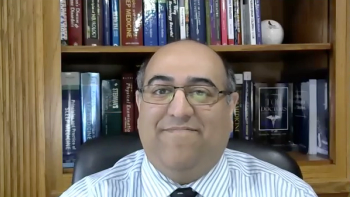
The associate professor of neurology at Washington University in St. Louis discussed a number of recent advances in therapeutics, as well as diagnostic and measurement devices, in sleep medicine.
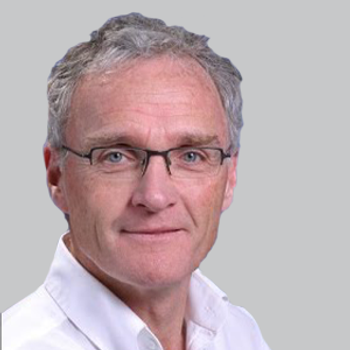
The researchers aim to fill the void of approved treatments for mild cognitive impairment, showing the potential of brain energy rescue strategies in this patient population.

The chief scientific officer at the Parkinson’s Foundation discussed PD GENEration, an initiative to provide genetic testing for patients with Parkinson disease.

Bruce Cree, MD, PhD, MAS, offers his perspective on recent trial results that put to bed a long line of inconsistent data on the utility of high-dose biotin for multiple sclerosis.

Joe Verghese, MBBS, MS, details the research being conducted on motoric cognitive risk syndrome and noninvasive brain stimulation in Alzheimer disease.
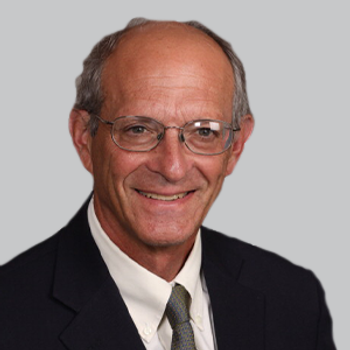
A recently published critique of aducanumab's trial results calls for a third and definitive phase 3 study of the investigational agent, which is awaiting a decision from the FDA.
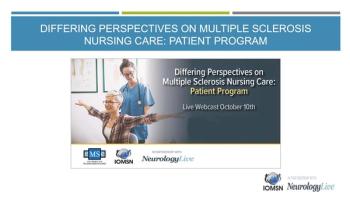
A 2-part webcast series geared toward MS nursing professionals and patients.
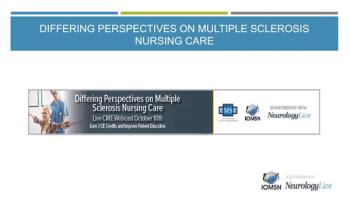
A 2-part webcast series geared toward MS nursing professionals and patients.

Findings from PD GENEration will contribute to the biological understanding of the disease and help researchers assess the impact of each mutation.
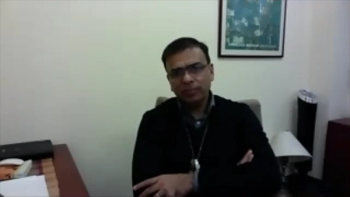
The director of the Montefiore Einstein Center for the Aging Brain discussed the details of his study that will evaluate motoric cognitive risk syndrome.

Contrary to prior findings, no evidence was found to support a protective association between leisure activity and risk of dementia.